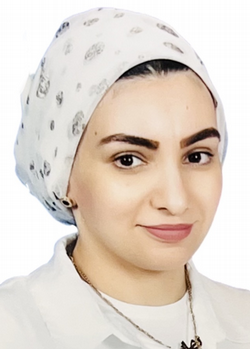Clinical Fellowship in Rhinology
Advanced Training in Rhinology Surgery

Fellowship Description
Postgraduate Education Document
Clinical Fellowship in Rhinology, Department of Otolaryngology- Head and Neck Surgery, Schulich School of Medicine & Dentistry, Western University.
Fellowship Description
Fellows: Past and Present
Application Process
Interested applicants should send their curriculum vitae as well as three recent letters of reference from surgical mentors directly to Dr. Brian Rotenberg at Brian.Rotenberg@sjhc.london.on.ca
International applicants must have guaranteed salary support from their institutions or governments or through external grants and scholarships. Canadian fellows receive a guaranteed base salary and assistance applying for grants and scholarships, however a fellowship will only be offered to Canadians if sufficient funding is available within the program.
PLEASE NOTE THAT WE ARE CURRENTLY NOT ACCEPTING FELLOWSHIP APPLICATIONS.
Fellowship Director
Brian Rotenberg MD, MPH,FRCSC
Brian.Rotenberg@sjhc.london.on.ca
Professor and Residency Program Director
Chair, Medical Advisory Committee
Department of Otolaryngology - Head and Neck Surgery
Schulich School of Medicine & Dentistry Western University
St. Joseph's Hospital
268 Grosvernor St.
London, Ontario N6A-4V2 CANADA
Office Contact
Manager, Administration and Finance
Scott McKinnon
St. Joseph’s Health Care
268 Grosvenor Street, London ON N6A 4V2
Ph: 519-646-6100 x 58250
scott.mckinnon@sjhc.london.on.ca
Fellowship Faculty
Leigh Sowerby, MD, MHM, FRCSC
Leigh.Sowerby@sjhc.london.on.ca
Associate Professor
Department of Otolaryngology - Head and Neck Surgery
Schulich School of Medicine & Dentistry Western University
St. Joseph's Hospital
268 Grosvernor St.
London, Ontario N6A-4V2 CANADA
Mailing Address
Department of Otolaryngology-Head and Neck Surgery
DeptOfOtolaryngology@lhsc.on.ca
Schulich School of Medicine & Dentistry
The University of Western Ontario
c/o London Health Sciences Centre – Victoria Hospital
800 Commissioners Road East
London, Ontario · N6A 5W9 · Canada
Telephone: (519) 685-8500 ext, 55415
Fax: (519) 685-8468
















